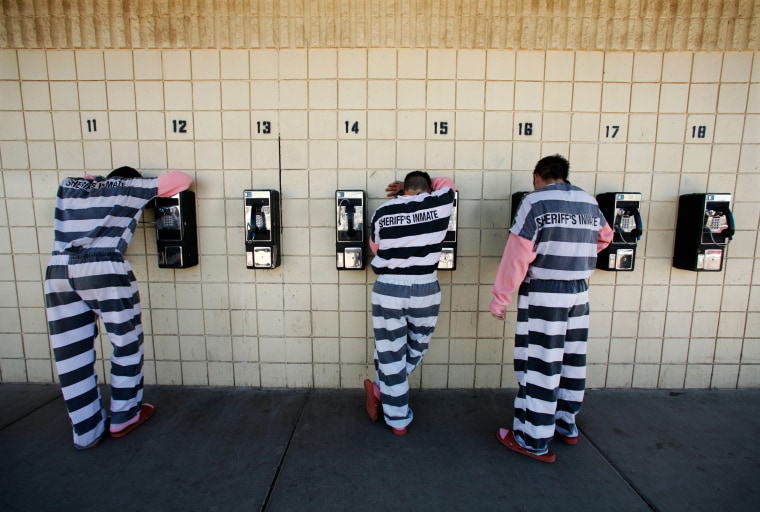The Federal Trade Commission just made it easier for you to spot telephone fraud and hang up on the crooks before they can steal your money by banning three payment methods frequently used by con artists.
In new rules adopted recently, the commission banned payment for telephone-solicited products via:
- Money transfer, including services such as Western Union, MoneyGram and RIA Money Transfer.
- Cash reload cards like MoneyPak, Vanilla Reload, Reloadit and other services that add money onto an existing prepaid debit card.
- Remotely created electronic checks, which make it possible to use someone’s bank account information to withdraw money. That means a telemarketer can no longer ask you for the numbers at the bottom of your check to make a payment.
“Con artists like payments that are tough to trace and hard for people to reverse,” said Jessica Rich, director of the FTC’s Bureau of Consumer Protection. “The FTC’s new telemarketing rules ban payment methods that scammers like, but honest telemarketers don’t use,” she said in a statement.
Phone Scammers Trick Sales Reps Into Giving Out Your Personal Info
Susan Grant, director of consumer protection and privacy at the Consumer Federation of America (CFA), notes that the banned payment methods previously made it possible for telemarketing con artists to steal people’s money before they realized they’d been swindled.
“They get the money very quickly, they can get it in cash and they can get it essentially anonymously,” Grant said. “Also, consumers don’t have any dispute rights with these forms of payment to get their money back once they realize they’ve been scammed.”
Other new protections
The new rules do several other things.
They clarify a provision in the national Do Not Call Registry. A telemarketer that calls a number on the Do Not Call list must be able to prove that it has an existing business relationship with that person or has received express written permission from them allowing such calls. Otherwise, they are violating the law.
Telemarketers are now prohibited from charging an up-front fee to help someone recover money lost to fraud. All too often, this is what’s called a “refund and recovery” scam. Con artists call victims who they know have lost money to a phone fraudster and promise to help them get the money back. Of course, they require their fee in advance. Once they have the money, they’re never heard from again.
Phone fraud isn’t going away
No one expects the new rules to eliminate telemarketing fraud – scammers simply make too much money this way to stop.
The hope is that by banning these three payment methods – wire transfer, prepaid reload card and checking account number – it will help reign in the problem through enforcement and consumer education.
Cancer Charities Scammed Millions From Donors, Feds Say
“This rule change makes it much easier for people to spot phone fraud,” said John Breyault, a vice president at the National Consumers League who oversees the Fraud.org website. “Now, if someone calls you and says we want you to pay us with a wire transfer or cash reload card or by giving us the numbers on the bottom of your check, you know right away it’s a scam and you can hang up.”
“It also sends very clear rules of the road to telemarketers themselves,” Karen Hobbs, senior attorney with the FTC’s Division of Marketing Practices, told NBC News. “If you ask for payment using these methods it’s illegal. If you’re one of the good guys who currently don’t use one of these payment methods, don’t start.”
The new rules also make it easier to prosecute and quickly shut down bad actors. The FTC would not need to prove fraudulent practices were taking place. If the telemarketer accepted payment by one of the banned methods, they broke the law.
More could be done
While praising the FTC’s action, consumer groups, including CFA and the National Consumer Law Center (NCLC), are calling on the Consumer Financial Protection Bureau and the Federal Reserve to ban remotely created checks in all consumer transactions because of the high incidence of fraud.
“In this age of electronic payments, remotely created checks have outlived their usefulness for legitimate transactions,” said NCLC’s Lauren Saunders in a statement. “Scammers should not be allowed to create a check that you did not write and deposit it against your account.”
Protect yourself
The crooks who commit phone fraud are clever. They have to be – this is the way they make their living. They don’t follow the rules. So they will continue to trick victims into paying in ways that result in instant cash and make them hard to find.
“Never give out your bank account number to a telemarketer, and don’t agree to send cash through a money transfer or prepaid reload card,” warns the FTC’s Hobbs. “Remember, it’s illegal for telemarketers to ask you to pay in one of these ways.”
The FTC has information on its website to help you spot phone scams. If you’ve been the victim of a telemarketing scam, you can file a complaint online.
Herb Weisbaum is The ConsumerMan. Follow him on Facebook and Twitter or visit The ConsumerMan website.
